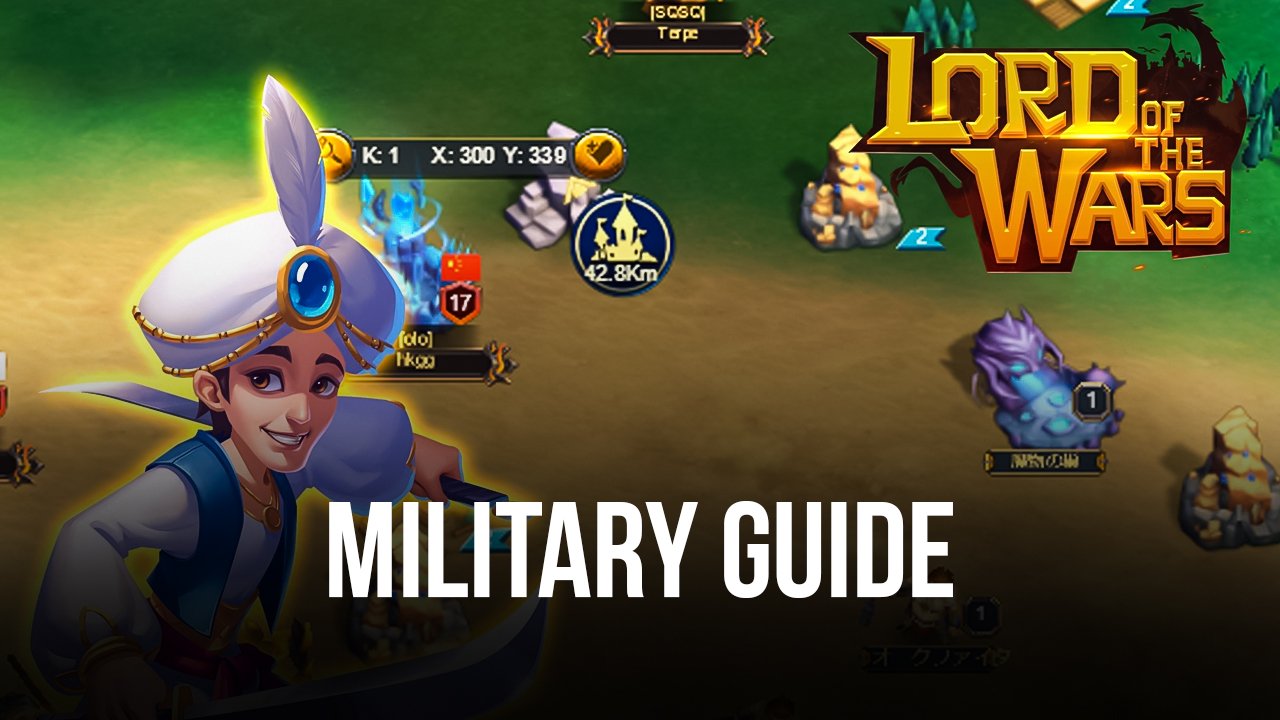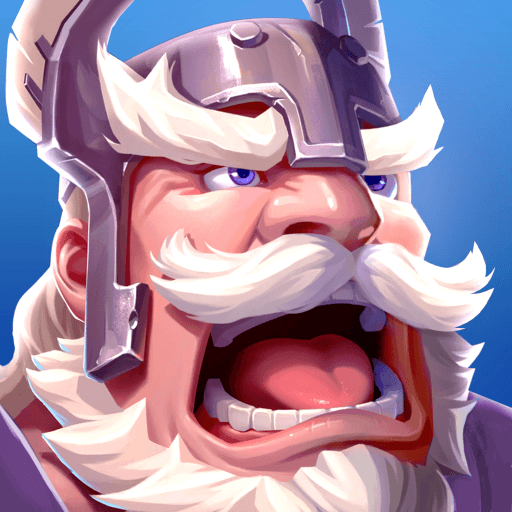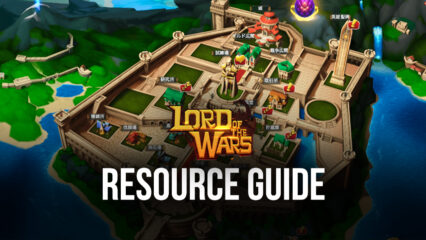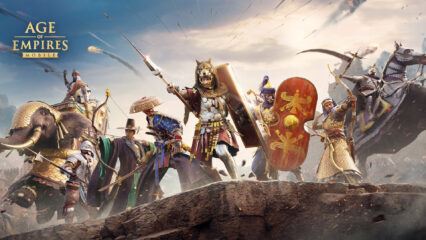Lord of The Wars: Kingdoms Military Guide

The ultimate goal in Lord of The Wars: Kingdoms is to become the strongest ruler in all of the server. A great ruler is one that can both provide for the kingdom and defend it from harm. The kingdom’s soldiers are the ruler’s sword and shield that allows them to protect their interests. This military guide is aimed at helping players understand the way troops work in terms of attacking, defending, and other uses that they may have besides the ones mentioned.

Whether a player decides to play passively by not engaging in war or actively by attacking players, having a good military will always be essential to the player’s survival in the game. There will always be aggressors in war games like Lord of the Wars, so there’s no guarantee that everybody will simply leave you alone, especially if you play actively. To everyone, a bustling kingdom with no troops is just a lockless bank safe filled with money that’s just waiting to be collected.
Troop Types
There are different types of troops in Lord of the Wars: Kingdoms. The main difference in these troops is their functionality in battle via their stats which are loading, march speed, and advantage/disadvantage. While the barracks lists units as having equal offensive stats, the cases differ depending on what type the troops are defending or attacking against. Having a less diverse army means that you are more susceptible to being run down by other one-type armies with ease.

Depending on the type of battle, players will want to use different troops for the occasion. Raids & Pillaging battles mean that players who prioritize resources for their units to have more loading (loot capacity) are favored. Sieging a city means that players may want to add siege weapons like catapults or scaling ladders to get rid of pesky walls. Knowing the advantages and disadvantages of each troop type will prepare the player to make smarter decisions when both attacking and defending.
Hero Bonuses
Heroes are the leaders of the army and inspire troops to perform better on the battlefield. To romanticize it less, heroes are essentially equipped with passive effects that increase the ATK/DEF of a certain troop type. Players can only include a certain amount of heroes per march, so it’s best that you find heroes that give the best bonuses in the army you’re currently controlling; otherwise, you’re just slapping in another unit that will have very little influence over the battle.

An example of how to effectively use a hero is when players choose to attack using single or double troop types. Stacking heroes with a passive bonus the same as the troop type will significantly increase the damage that those troops will deal during the battle. Make sure that you upgrade your troops by promoting them or upgrading their capabilities. Heroes aren’t just used for the PvE aspects of the game; they’re also crucial to the success of an attack.
Upgrading Troops
There are several ways a player can upgrade troops in Lord of the Wars: Kingdoms, but all of them are in the Academy. Players need to research troop upgrades which cost a lot of resources and take a lot of time to achieve. The Military Tab of the Academy shows the different ways a player can upgrade his/her troops.

Players will be forced to unlock all the upgrades in the Academy since a later upgrade uses a previous academy skill as a prerequisite to upgrading the same skill further. The most important upgrade is unlocking the upgraded unit types. As you know, a player can upgrade the troop type after researching it in the Academy. This increases your power per upkeep ratio, which essentially affects your entire army. Existing troops will automatically be upgraded once the research is completed.
Scouting
Scouting is an important part of war. Information is the key to winning the battle as it allows the player to come up with a plan against the defender or attacker. Players must always attempt to scout players they plan to attack or think will be attacking them in the future.

Use the information you get from scouting to rally your troops and share it with any other members who you will be coordinating an attack with. Be careful when scouting though, because most players take it as an act of hostility if you scout them, prompting them to take the initiative by attacking you first.
Attack Types
There are different ways to attack another player. Depending on what you want to do, you must carefully choose which troops you want to send to the battlefield. Here are the different ways you can attack a player.
-
Raiding & Pillaging
Raiding and Pillaging is done when the player wants to gather colossal amounts of resources instead of actually trying to destroy an enemy player. Most raids are made on weaker players or inactive cities that are left defenseless, so there’s not much need to send your strongest troops.

When raiding & pillaging another player’s kingdom, the best approach is to send units with a high Loading stat, specifically infantry units, since they’ll allow you to hold more resources to take home. The player will also want to bring units that have fast marching speed, so avoiding siege units is critical to maximizing the resources that the player will be taking home.
-
Sieging
Sieging is an all-out attack on an enemy player. This is done to weaken or completely remove a player from the game by forcing them to quit from having the fruits of their progress taken away. The purpose of a siege is purely for destruction. It doesn’t care about resources, and it closes off that enemy base for future raids because if you’re successful, you’ll have removed their ability to produce defensive troops.

The biggest problem with sieges is the City Walls. Sieges are done in phases and can’t be achieved with one attack. The first phase will require the player to destroy traps and wall defenses, while the succeeding phases simply try to wipe out the enemy troops. A siege is most successful when two or more people (preferably a guild) attack the same player simultaneously so that they don’t have time to generate more troops during the downtime of attacks.
















